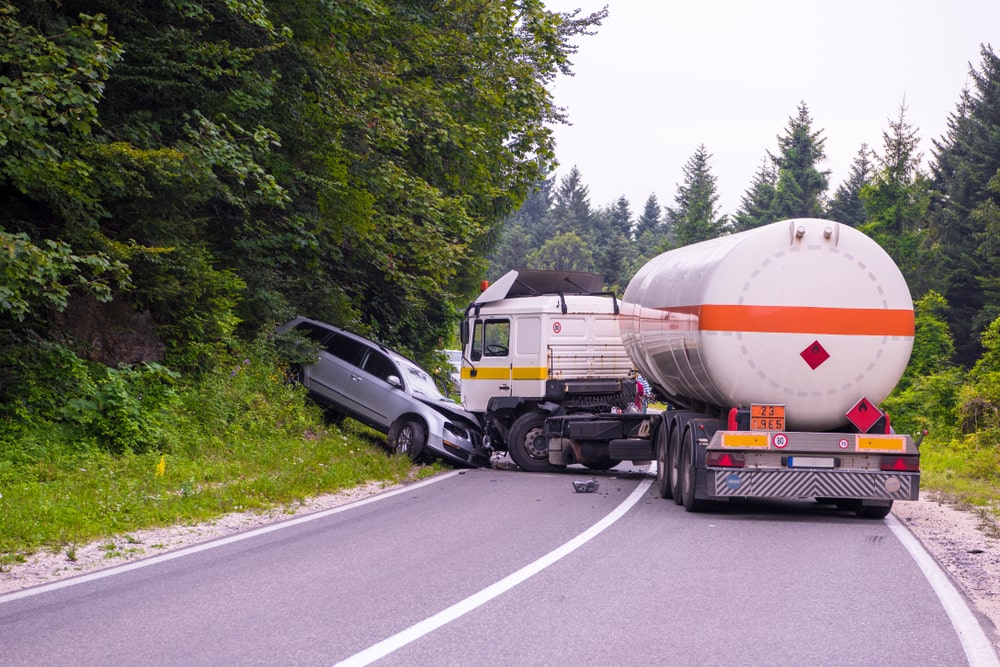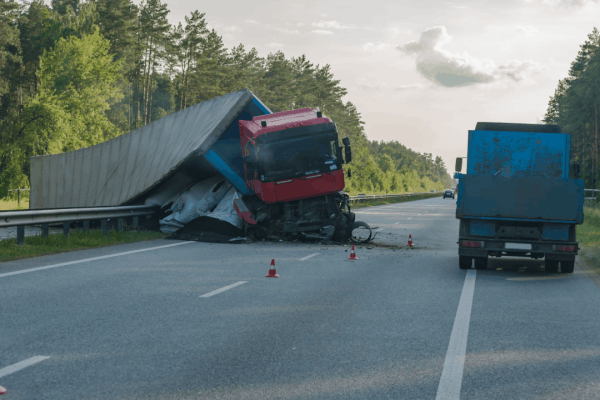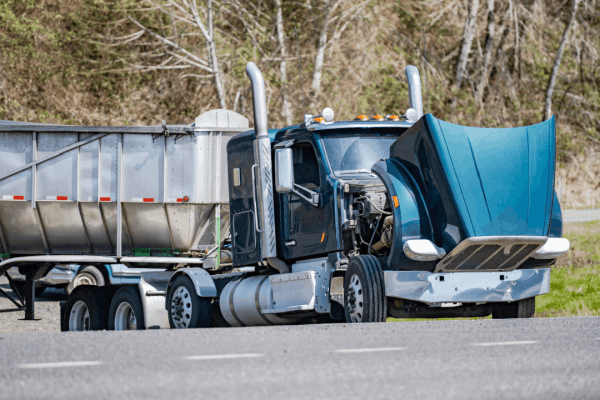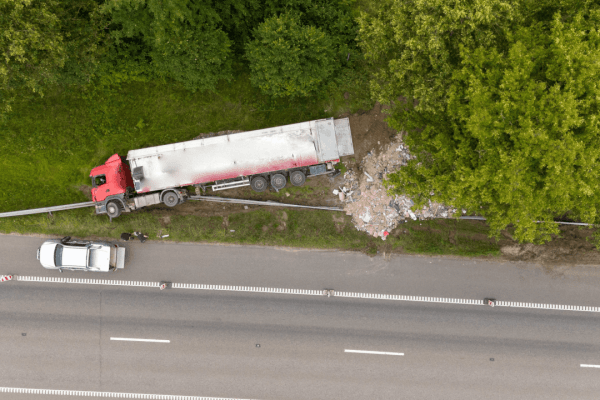
Who Is at Fault in a Truck Accident? How Liability Is Determined
Who Is at Fault in a Truck Accident Depends on the Evidence
Who is at fault in a truck accident? That’s one of the first—and most important—questions after a crash involving a commercial vehicle. Determining fault is essential for both insurance claims and legal cases. Unlike standard car accidents, truck accidents often involve multiple parties, federal regulations, and large-scale damages. Because of this complexity, proving fault requires a closer look at the facts and thorough evidence collection.
Key Parties That May Be Liable in a Truck Accident
Several people or companies can be found at fault in a truck crash, depending on how and why the collision occurred.
Truck Driver
If the driver was speeding, distracted, fatigued, or driving under the influence, they could be held directly responsible. Violations of federal Hours of Service (HOS) rules or unsafe driving behavior often point to the driver’s negligence.
Trucking Company
Companies may be at fault if they failed to properly train or supervise the driver. They’re also liable for unsafe scheduling practices, maintenance issues, or hiring unqualified drivers.
Cargo Loaders
If cargo shifts or spills due to poor loading, the loading company or third-party logistics provider may share blame. Improperly balanced loads are a common hidden cause of rollovers and jackknifing.
Vehicle or Equipment Manufacturers
Mechanical failure—such as brake defects, tire blowouts, or steering malfunctions—can shift liability to the company that manufactured or maintained the equipment.
Other Drivers
In some cases, another driver on the road may trigger a chain reaction that causes the truck to crash. This can complicate the determination of who is at fault in a truck accident.
How Fault Is Determined in Truck Accidents
Establishing fault requires gathering and analyzing a wide range of evidence. Investigators and attorneys often look at the following:
- Police Reports – These often contain citations, diagrams, and officer opinions about who caused the crash.
- Black Box Data – Most commercial trucks have electronic logging devices (ELDs) that track speed, braking, and hours driven.
- Driver Logs and Maintenance Records – These documents reveal whether federal safety regulations were followed.
- Witness Statements – Third-party accounts help verify events leading up to the crash.
- Video or Photo Evidence – Surveillance footage or dashcams can show traffic conditions, road behavior, and impact points.
In many states, comparative or contributory negligence laws will affect how damages are awarded if multiple parties share responsibility.
What Happens If Multiple Parties Are at Fault?
Truck accidents often involve shared liability, where more than one party is found partially responsible. For example, a fatigued driver might have caused the crash, but the trucking company could also be liable for forcing them to exceed legal driving limits.
When multiple parties are involved:
- Each one may be assigned a percentage of fault.
- Victims can seek compensation from all liable entities.
- Settlements or judgments are typically divided based on that percentage.
Understanding who is at fault in a truck accident isn’t always straightforward, which is why expert legal support is crucial.
Determining Fault in a Truck Accident Claim Takes Experience
So, who is at fault in a truck accident? The answer lies in a thorough investigation that considers every contributing factor. From the actions of the driver to the role of the trucking company and even the manufacturer, determining fault is rarely black and white. Insurance companies may try to shift blame to reduce payouts, which is why gathering clear evidence and hiring legal support can make all the difference.
Get Help Identifying Fault in a Truck Accident
If you’re asking, who is at fault in a truck accident, don’t wait to get answers. At TruckingAccident.com, we help accident victims connect with skilled attorneys who can investigate the crash, identify all liable parties, and fight for full compensation. Request your free claim review today and get the support you need to move forward.
Frequently Asked Questions (FAQs)
1. Who decides who is at fault in a truck accident?
Insurance adjusters, police officers, and courts may each evaluate fault, but final legal responsibility is determined by evidence presented during the claims or litigation process.
2. Can more than one party be at fault?
Yes. Multiple parties—such as the driver, trucking company, and manufacturer—can share liability based on how the crash occurred.
3. What if the truck driver wasn’t directly responsible?
If the company failed to maintain the truck or forced unsafe schedules, they may still be liable even if the driver followed all laws.
4. How does black box data help determine fault?
Black box data shows speed, brake usage, and driving hours, which help prove if the driver was violating safety rules or driving recklessly.
5. Do I need a lawyer to prove fault in a truck accident?
Yes, especially in complex cases with multiple liable parties or severe injuries. A lawyer can protect your rights and gather the evidence needed.
Key Takeaways
- Determining who is at fault in a truck accident requires evidence and investigation.
- Fault may lie with the driver, trucking company, cargo loader, or others.
- Police reports, black box data, and maintenance logs are crucial to building a case.
- Multiple parties can share responsibility, with compensation split by degree of fault.
- Working with a truck accident lawyer helps ensure a fair and complete claim.



